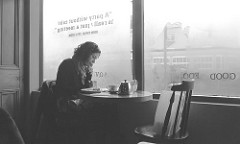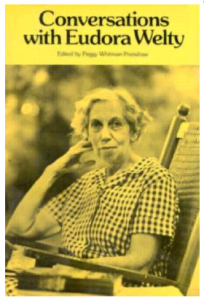Anyone can write. Here are 8 ways to write better fiction.
#1 – To write a great story, forget all the rules and just write. Write every day. Visit the story every day, even if it’s only to write one sentence. Keep at it until you reach the end. Then edit like crazy.
#2 – Look for story and character ideas in everything you do — books you read, movies and TV programs you watch, people you talk to, and while eavesdropping in public. Being observant is a very important characteristic of a writer.
#3 – The job of each chapter is to encourage readers to want to read the next chapter. That means revealing details slowly, just enough to build suspense so the reader wants to know what will happen next.
#4 – If you allow yourself to think about all the things that go into a novel — characters, themes, place, plot(s), ending — you’ll get overwhelmed. Instead, break it down into smaller tasks. First develop the story’s theme. Then develop the characters and where the story will take place. The rest will likely come during the writing and editing process.
#5 – Write what you want to write, not what someone else recommends because it’s a popular genre.
#6 – Your research material will add depth and richness to your story. Learn to love the research process.
#7 – Don’t worry if your story isn’t long enough. The story will find its own natural length. If parts of the story need more, you’ll know it. If it has too much filler, you’ll know that too. Most readers like tight, efficient stories and don’t like rambling.
#8 – Get out into the world. Interact with it. Travel. Meet new people. It will all become part of your stories.


